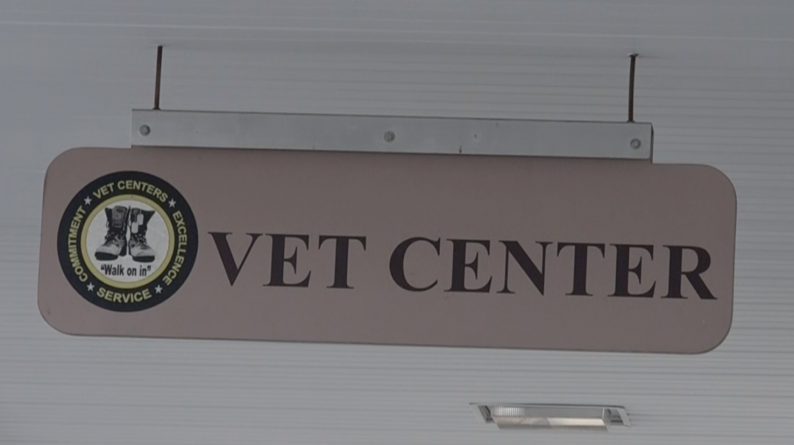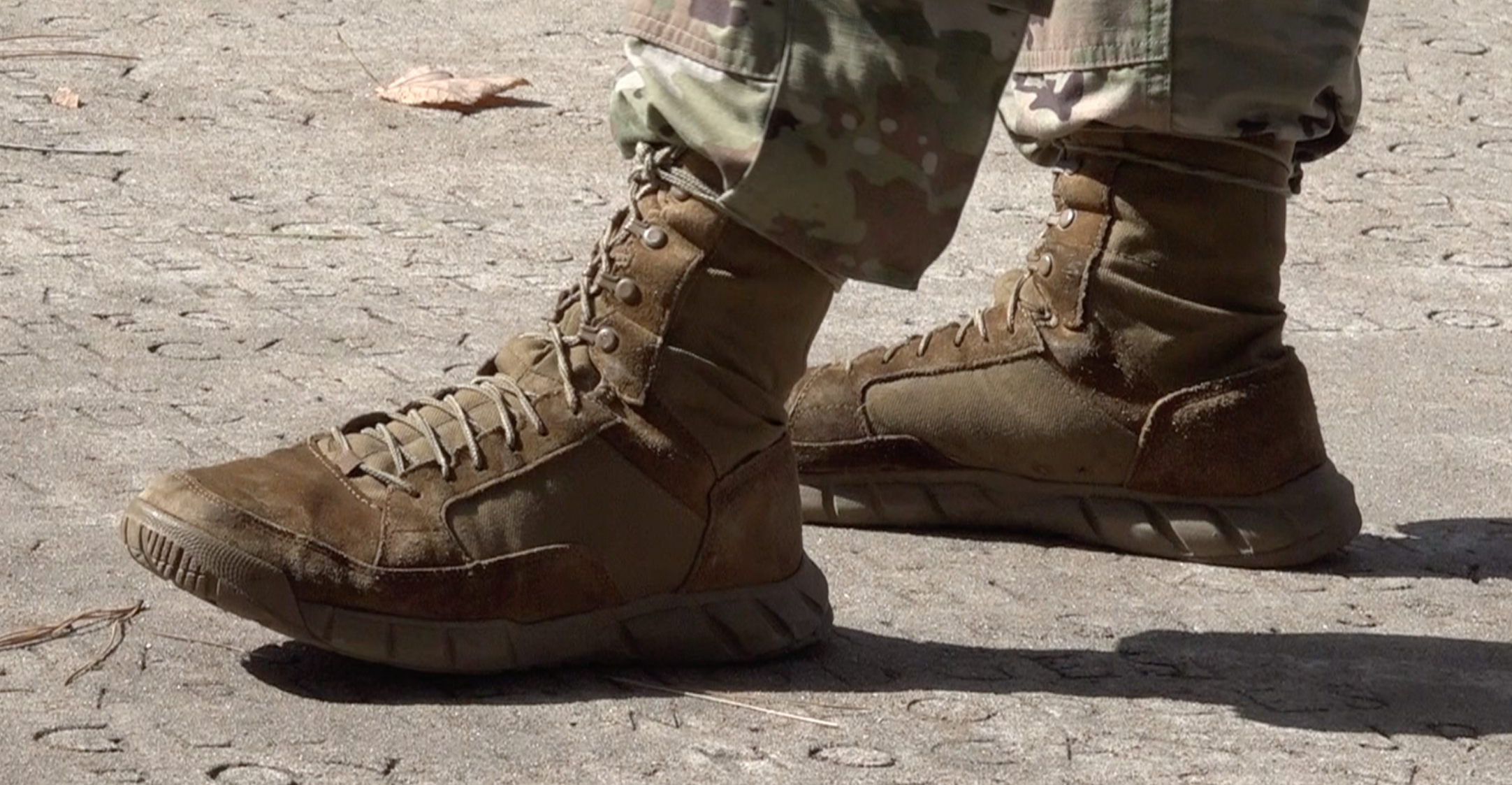https://www.youtube.com/watch?v=E46ocxi9B_A
By: Fletcher Cowden
FAYETTEVILLE, ARK. – Post-traumatic stress disorder is defined as a psychiatric disorder that can occur in people who witness a traumatic event. PTSD is common among combat veterans and military members across the world.
First defined as post-traumatic stress disorder in the 1980s. Before then it was commonly known as shell shock. During World War One soldier would return from the front line and have nervous breakdowns. Doctors during this time commonly thought that it was caused by a physical injury to the nervous system.
Side effects of PTSD can cause victims’ uneasiness in public and at home. Things can trigger anger, nightmares, intrusive thoughts, and even flashbacks
Sergeant Eric Anolfo of the 2-142nd Field Artillery has been in the Arkansas National Guard for over six years. Anolfo has seen the first had effects of the disorder amongst his peers and friends in service.
“My buddy got blown up in Afghanistan a couple of times. He’s very on edge, he’s not very happy and very distant. Closed himself off shut himself off”
One out of 10 military members experiences combat in firing their weapons or their vehicle being hit by an improvised explosive device.
Adjusting from military to civilian life can be one of the most difficult tasks for service members. Nine percent of the homeless population in the United States are military veterans.
In Northwest Arkansas located off of College Avenue in the Joyce shopping center, the Vet Center is located and is to help out the community’s veterans.
The Vet Center offers adjustment counseling to over 250 veterans that suffer from PTSD. These 250 vets are assigned to one of four counselors whose job is to help them cope with their problems.

Daniel Mclain, an employee at the Vet Center and a Navy vets says the job teaches him a lot about his comrades. Mclean facilitates the assignment to veterans that want adjustment counseling.
“I take in around twelve different forms of paperwork. From there they’ll assign a counselor from there, the director will, and the counselor will make contact within seventeen hours to the veteran to schedule and make an appointment.”
The Vet Center also provides veterans with assistance in finding jobs and affordable housing.
“We’re very fortunate that we’re in a situation unlike some VA (Veterans Association) hospitals,” Mclain said,” where you have to wait 30 days or more for an appointment for help.”
According to herosmile.com veterans that have deployed to operations in Iraq and Afghanistan have an 11 to 20 percent chance of developing PTSD within a year of their deployment.


